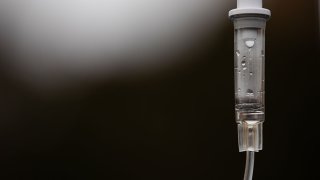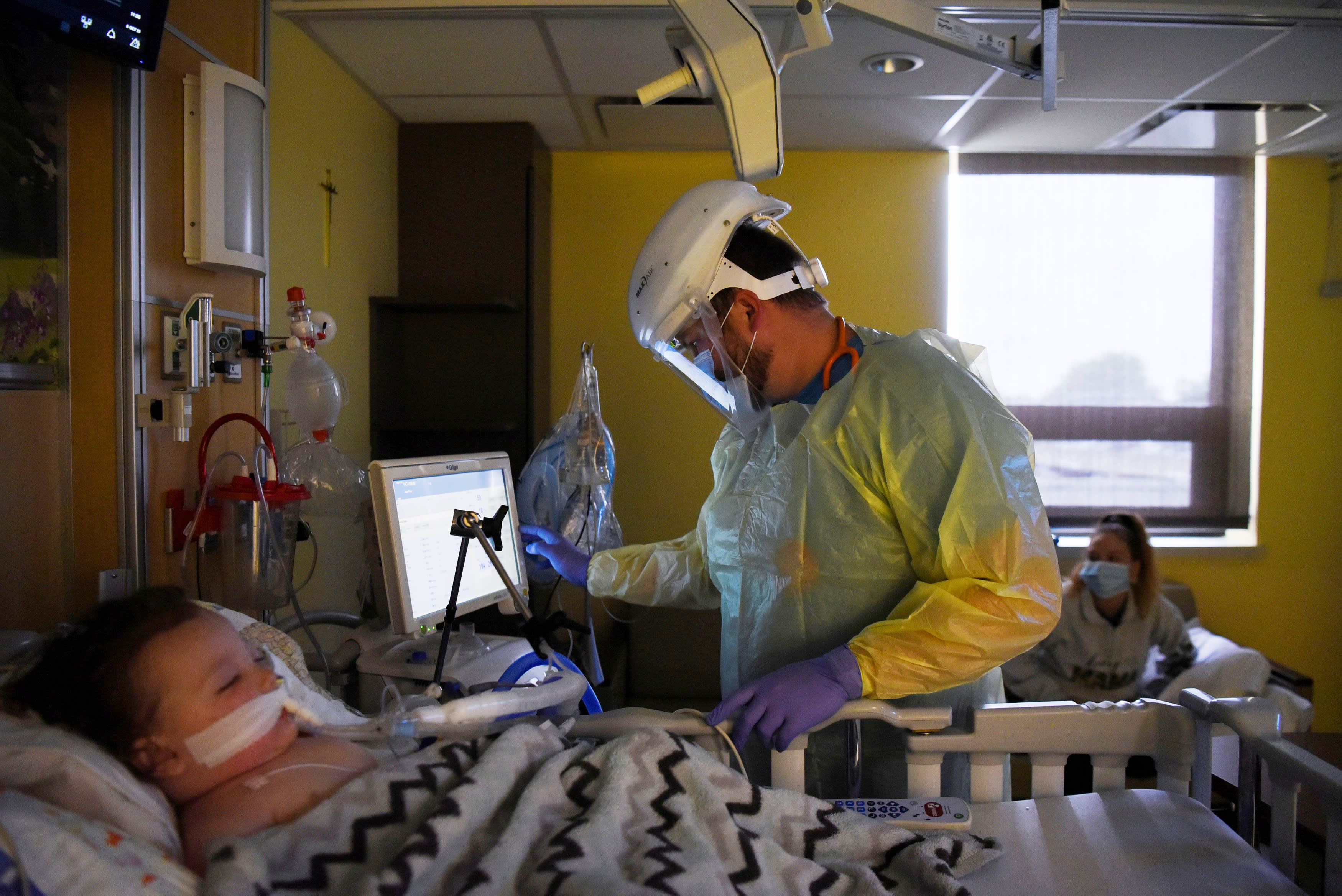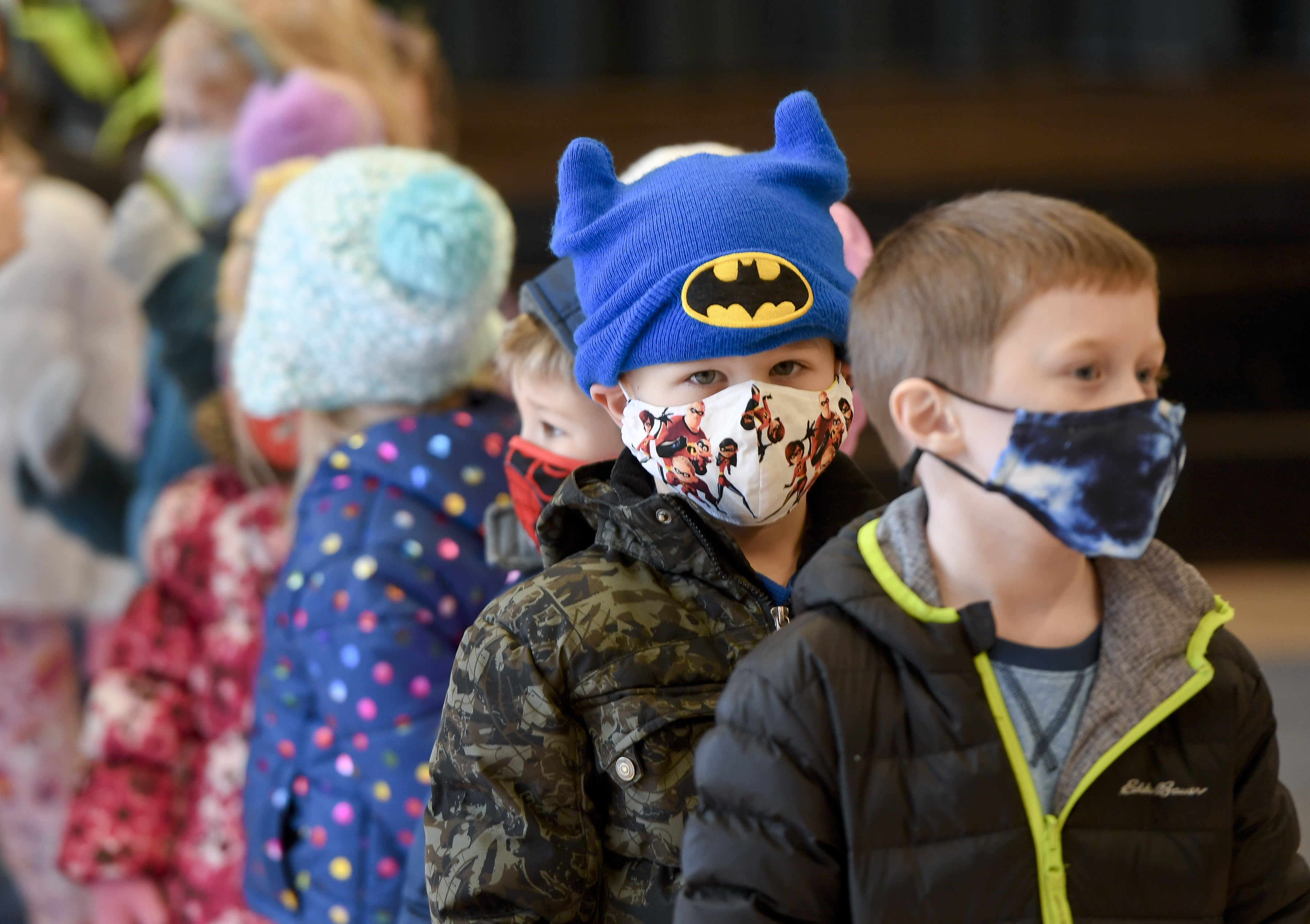
As the omicron variant completes its sweep across the U.S., states with scarce supplies of monoclonal antibody therapies continue to use two treatments that federal health officials warn no longer work against the highly contagious version of the virus that causes COVID-19. The antibody treatment now most recommended is sotrovimab from GlaxoSmithKline and Vir Biotechnology, and it’s in short supply.
Many hospitals and clinics are still infusing the costly treatments — often charging hundreds of dollars a session — that public health officials now say are almost certainly useless.
Use of the newly ineffective treatments produced by Regeneron Pharmaceuticals and Eli Lilly and Co. is highest in a dozen states: Michigan, Florida, Indiana, Missouri, Louisiana, California, Oklahoma, Kansas, Georgia, Ohio, New York, and Mississippi. That includes several states with some of the nation’s lowest vaccination rates, but also California, which ranks in the nation’s top 20 for fully vaccinated residents, a KHN analysis of federal data shows.
Feeling out of the loop? We'll catch you up on the Chicago news you need to know. Sign up for the weekly Chicago Catch-Up newsletter here.
In Florida, which used more than 5,200 courses of the outdated treatments between Jan. 5 and Jan. 18, Republican Gov. Ron DeSantis has said he is not convinced that the Regeneron and Lilly products don’t work against omicron. In Florida, omicron accounted for 97 percent of cases as of Jan. 20; delta accounted for 3 percent.
Read the full story at NBCNews.com.



